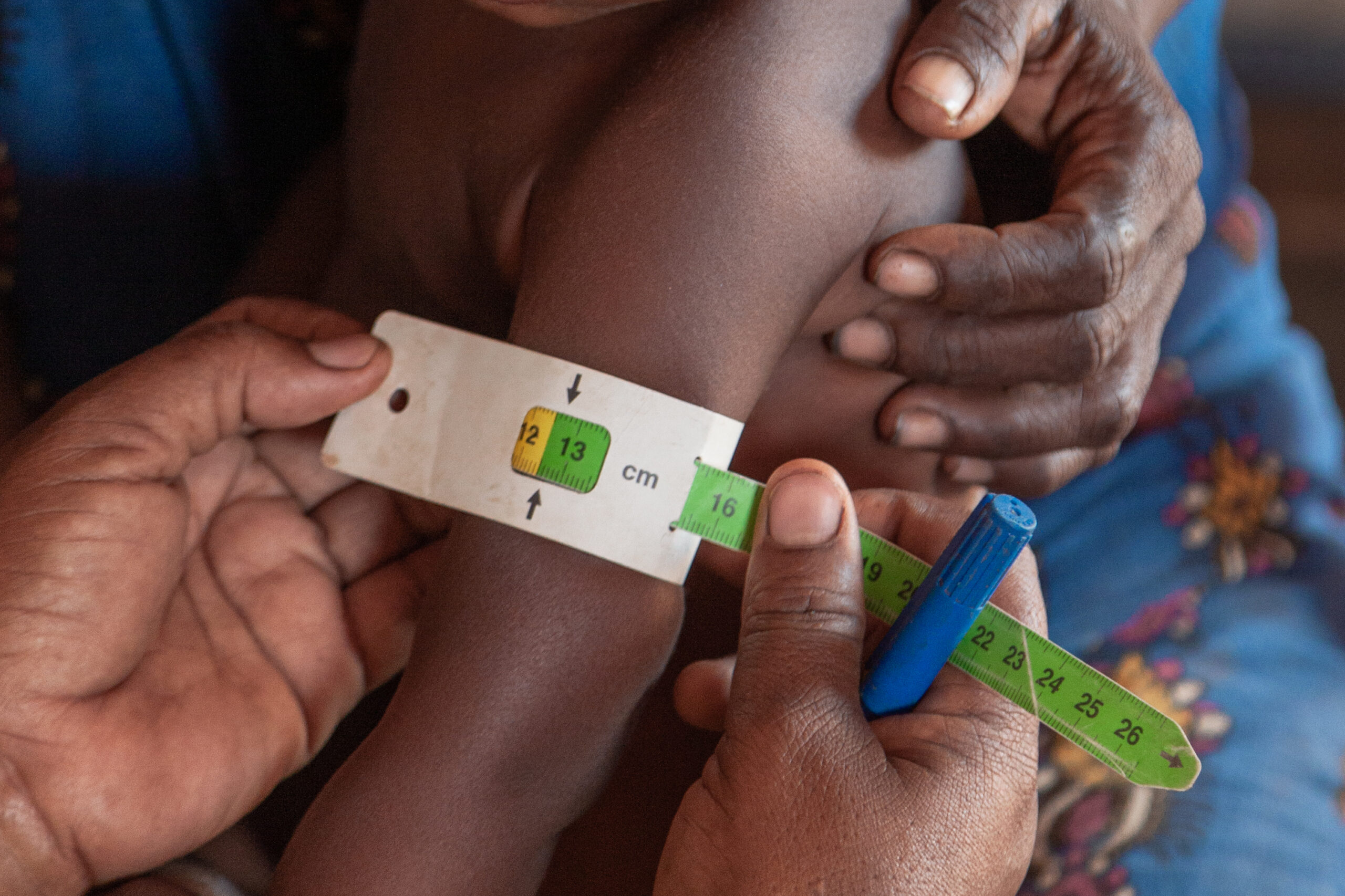
In January 2023, the scenes of severe malnutrition among part of the Yanomami population in the north of the country drew the attention of Brazil and the world. The lack of access to food and natural resources in the case of the Yanomami had serious consequences, such as complications in the nutritional state of children and adolescents (and, consequently, the weakening of their immune systems, making organisms more susceptible to diseases); bargaining meals in exchange for the sexual exploitation of indigenous girls; pollution of the water for cooking and drinking and reduction of biodiversity due to the mercury used in mining.
The multifactorial impacts of hunger, however, are not limited to this group alone. The Yanomami emergency crisis has exposed the coexistence of different social determinants that contribute to food insecurity in other population segments as well.
According to the study “The multiple dimensions of poverty in childhood and adolescence in Brazil“, released in 2018 by UNICEF and based on data from the National Household Sample Survey (PNAD), between 2009 and 2018 there was a reduction in access to food for Brazilians aged between 0 and 17 years old. However, when stratifying by race/colour, the results show that the black and indigenous populations showed higher percentages of deprivation in access to food compared to white and yellow children and adolescents. The research also found racial differences when comparing income, education, housing conditions and deprivation of access to water, relevant aspects to ensure food and nutritional security (SAN). According to the survey, the worst percentages are concentrated in the North and Northeast regions of the country.
The context of food insecurity can cause the formation of the multiple burden of malnutrition, that is, nutritional deficiency, severe malnutrition and overweight and obesity, especially among vulnerable groups.
The case of the Yanomami highlights the debate on the different social dimensions that hunger can be associated with and its impact among vulnerable groups in Brazil. To ensure the food security of these communities, it is essential to adopt food and nutrition policies that expand the diagnosis of nutritional status and improvements in food consumption in the territories.
The Centre of Excellence activities
The World Food Programme (WFP) Centre of Excellence against Hunger Brazil, through the Nurture the Future project, works to strengthen capacities and promotes the exchange of experiences with partner countries, aiming to support processes to strengthen national public institutions and the nutrition and health sectors in cooperating countries. The project results in the elaboration of support materials, such as the policy briefs on childhood obesity and “Recommendations for increasing the consumption of fruit, vegetables and legumes”, available here. The Nurture the Future project is the result of a partnership between WFP, the Ministries of Health of Brazil, Colombia and Peru and the Brazilian Cooperation Agency (ABC).




